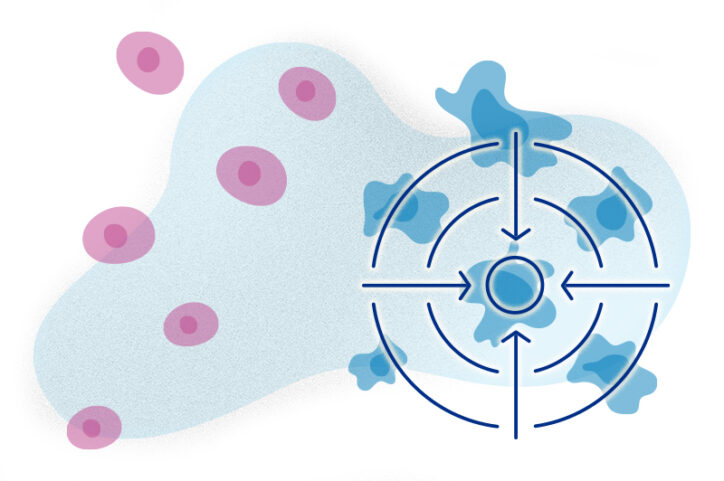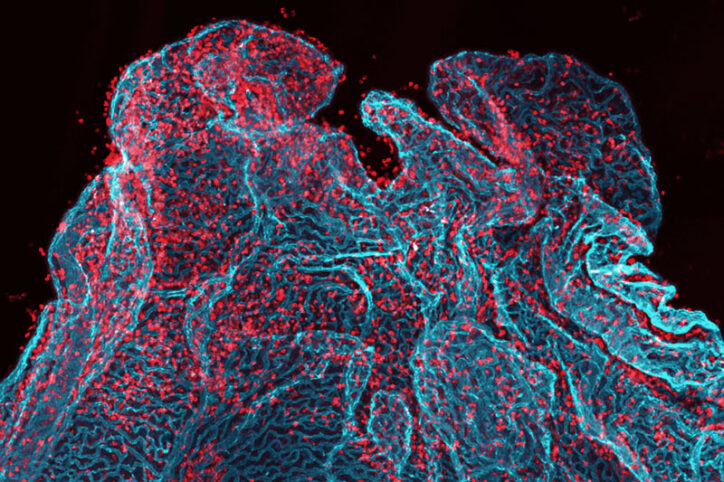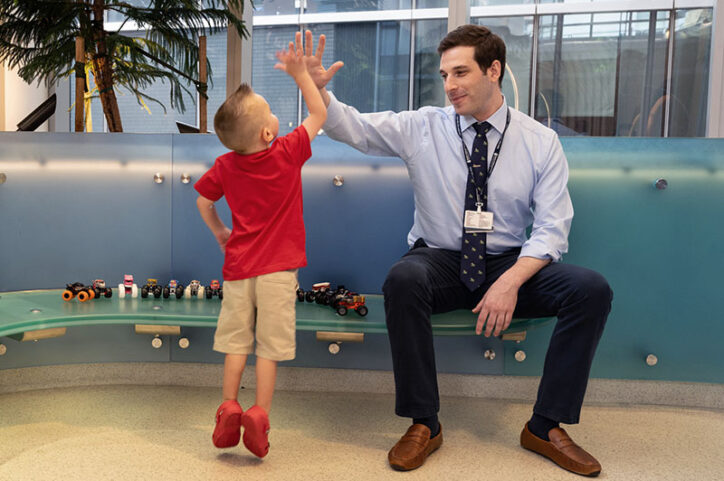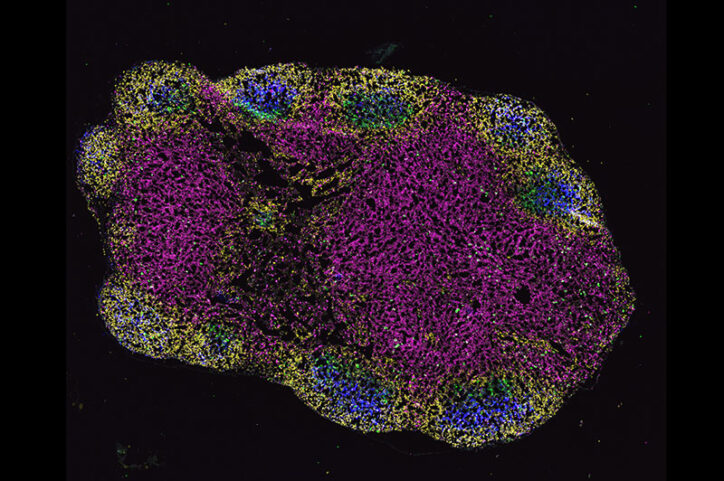Will people accept a fentanyl vaccine? Interviews draw thoughtful responses
In 2022, more than 100,000 people died from opioid overdoses in the U.S., according to the National Center for Health Statistics. Roughly three quarters of these deaths involved fentanyl, a highly potent synthetic opioid. Fentanyl-related deaths have spiked over the past decade, many of them occurring in people with no known history of opioid use ... Read More about Will people accept a fentanyl vaccine? Interviews draw thoughtful responses
When community is as important as the science: Olúmídé Fagboyegun
In his short, prolific neuroscience career, Olúmídé Fagboyegun has always sought community. It’s served him well, from his years at community college in Maryland to his PhD work in the Stevens Lab at Boston Children’s Hospital. Landing in Maryland from his native Nigeria at age 15, Fagboyegun found he had to repeat part of high ... Read More about When community is as important as the science: Olúmídé Fagboyegun
New insight into the effects of PPIs in children
Proton-pump inhibitors (PPIs) are frequently prescribed to suppress stomach acid in patients with gastroesophageal reflux disease (GERD). Prescribing rates of PPIs in children have risen more than 500 percent in the past two decades, despite growing concerns about their risks: Previous research has linked their use to an increased risk of various pulmonary and gastrointestinal ... Read More about New insight into the effects of PPIs in children
A new anti-cancer strategy: Overriding tumor edits
Cancers are clever and often find ways to dodge people’s immune systems, making them hard to eradicate. Immunotherapies such as CAR-T cells and checkpoint inhibitors can sharpen the immune system’s attack and cure the cancer. But they don’t work for most solid tumors. We now know that tumors can edit their genes to evade immune ... Read More about A new anti-cancer strategy: Overriding tumor edits
Immunotherapy for children with primary liver carcinomas: Research offers new hope
Pediatric hepatocellular carcinoma (HCC) and fibrolamellar carcinoma are rare, aggressive forms of liver cancer that typically affect adolescents and young adults. Although some immunotherapy drugs are approved by the Food and Drug Administration as first-line treatments for HCC in adults, less is known about their effectiveness in treating pediatric liver carcinomas. Now, new research led ... Read More about Immunotherapy for children with primary liver carcinomas: Research offers new hope
Humble cells in a little-known organ manage brain inflammation
Deep in the brain, sheets of tissue known as the choroid plexus produce cerebrospinal fluid (CSF) and act as a protective barrier between the brain and CSF. But the lab of Maria Lehtinen, PhD, at Boston Children’s Hospital has shown that the little-known choroid plexus does much more. For example, it secretes factors that promote ... Read More about Humble cells in a little-known organ manage brain inflammation
Finding epilepsy hotspots before surgery: A faster, non-invasive approach
Neurosurgery for patients with drug-resistant epilepsy requires locating the precise brain areas that are generating the seizures. Typically, patients undergo 7 to 10 days of invasive intracranial EEG monitoring, with electrodes surgically implanted inside the brain through one or more skull openings to capture seizure activity as it happens. Eleonora Tamilia, PhD, directs the Epilepsy ... Read More about Finding epilepsy hotspots before surgery: A faster, non-invasive approach
Eight years of preparation for a surgical first: a partial heart transplant
Boston Children’s cardiac surgeons have an overriding goal for each patient: If possible, repair their congenital heart defect (CHD) — rather than replace any native heart tissue. Preserving heart tissue often leads to a speedier and more complete recovery and longer-lasting cardiac function. Sometimes, though, a patient’s valve tissue is beyond repair and a bioprosthetic or mechanical replacement valve ... Read More about Eight years of preparation for a surgical first: a partial heart transplant
Creating the next generation of mRNA vaccines
During the COVID-19 pandemic, mRNA vaccines came to the rescue, developed in record time and saving lives worldwide. Researchers in the Precision Vaccines Program at Boston Children’s Hospital have developed two novel technologies that could make these and future mRNA vaccines more potent and longer-lasting — at smaller doses and with fewer side effects. The ... Read More about Creating the next generation of mRNA vaccines
Tracking influenza in its first battleground: The nose
The answer to curbing influenza could be right under our noses — or, more accurately, inside them. New research maps happenings in the nose during the course of influenza in exquisite detail, and could potentially lead to new targets and more effective nasal flu vaccines. The nose is often the gateway to respiratory infections, where ... Read More about Tracking influenza in its first battleground: The nose











